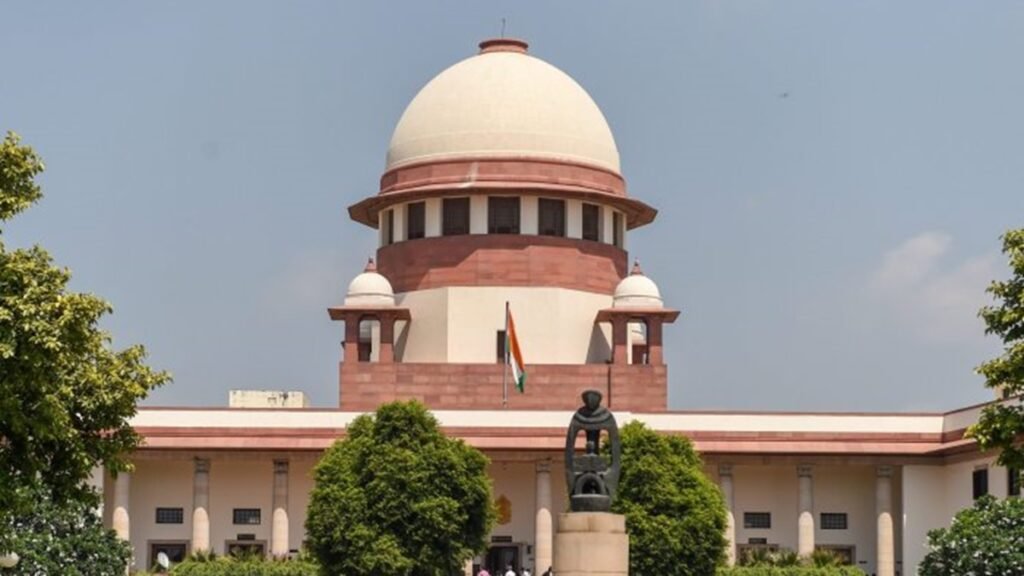The apex court observed that the direct appointment of fresh law graduates into the judiciary has created several challenges on the ground, particularly due to their lack of practical exposure.
The Supreme Court on Tuesday ruled that candidates aspiring to become Civil Judge (Junior Division) must have a minimum of three years of experience as practising lawyers. The verdict was delivered by a bench comprising Chief Justice of India BR Gavai, along with Justices AG Masih and K Vinod Chandran.
The apex court observed that the direct appointment of fresh law graduates into the judiciary has created several challenges on the ground, particularly due to their lack of practical exposure. To address these concerns, the court emphasised that a foundational period of legal practice is essential before one steps into the judicial role.
“We hold that the three-year minimum practice requirement to appear for civil judges (junior division) exam is restored …. All State governments shall amend rules to ensure that for any candidate appearing for civil judges (junior division) exam shall have a minimum practice of three years. This shall be certified and endorsed by a lawyer having standing of 10 years at the Bar. Experience as a law clerk to judges shall also be counted in this regard. They (judicial service entrants) must undergo a year of training before presiding in a court,” the Court ordered.
‘Minimum practice rule not retroactive’
The Court has clarified that the newly introduced requirement of minimum legal practice will not impact ongoing judicial recruitment processes. It will be enforced only in future selection cycles. In its order, the Court stated, “The minimum practice requirement will not apply where High Courts have already begun the process of appointing civil judges (junior division); it shall only be applicable in subsequent recruitment drives.”
The Court expressed concern over appointing fresh law graduates as judges, noting that their lack of experience has created several issues. According to the Court, such graduates may not yet possess the necessary skills to effectively perform the responsibilities of a judicial officer.
Practice period begins from provisional enrolment
Furthermore, the Court clarified that the three-year legal practice requirement will be calculated from the date a law graduate begins practice under provisional enrolment, rather than from the date they pass the All India Bar Examination (AIBE). “We hold that experience shall be counted from when provisional registration happens. This is because AIBE is held at different times,” the Court said.
ALSO READ: All High Court judges entitled to full, equal pension: Supreme Court upholds ‘one rank one pension’
